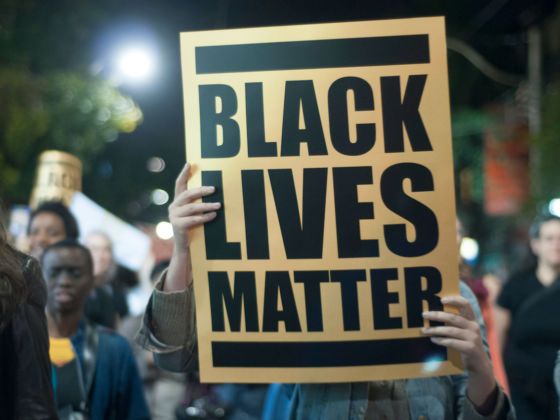To talk about Black Lives Matter is to acknowledge a movement. It’s a movement that implicitly recognizes the organization that heaved its mission onto the national stage, yet it’s one that’s also come to represent the efforts of countless groups and individuals who are unaffiliated, albeit allied, with the Black Lives Matter Foundation.
Black Lives Matter was founded in 2013 in the wake of Trayvon Martin’s murder and his shooter George Zimmerman’s acquittal. Reports on the recent protests decrying George Floyd’s murder at the hands of Minneapolis police have remarked that the movement has gone global, recognizing the worldwide demonstrations being staged in solidarity with today’s activists. Yet since 2013, Black Lives Matter has grown a global network with upward of 40 chapters across the US, UK, and Canada, to say nothing of its individual supporters around the world.
